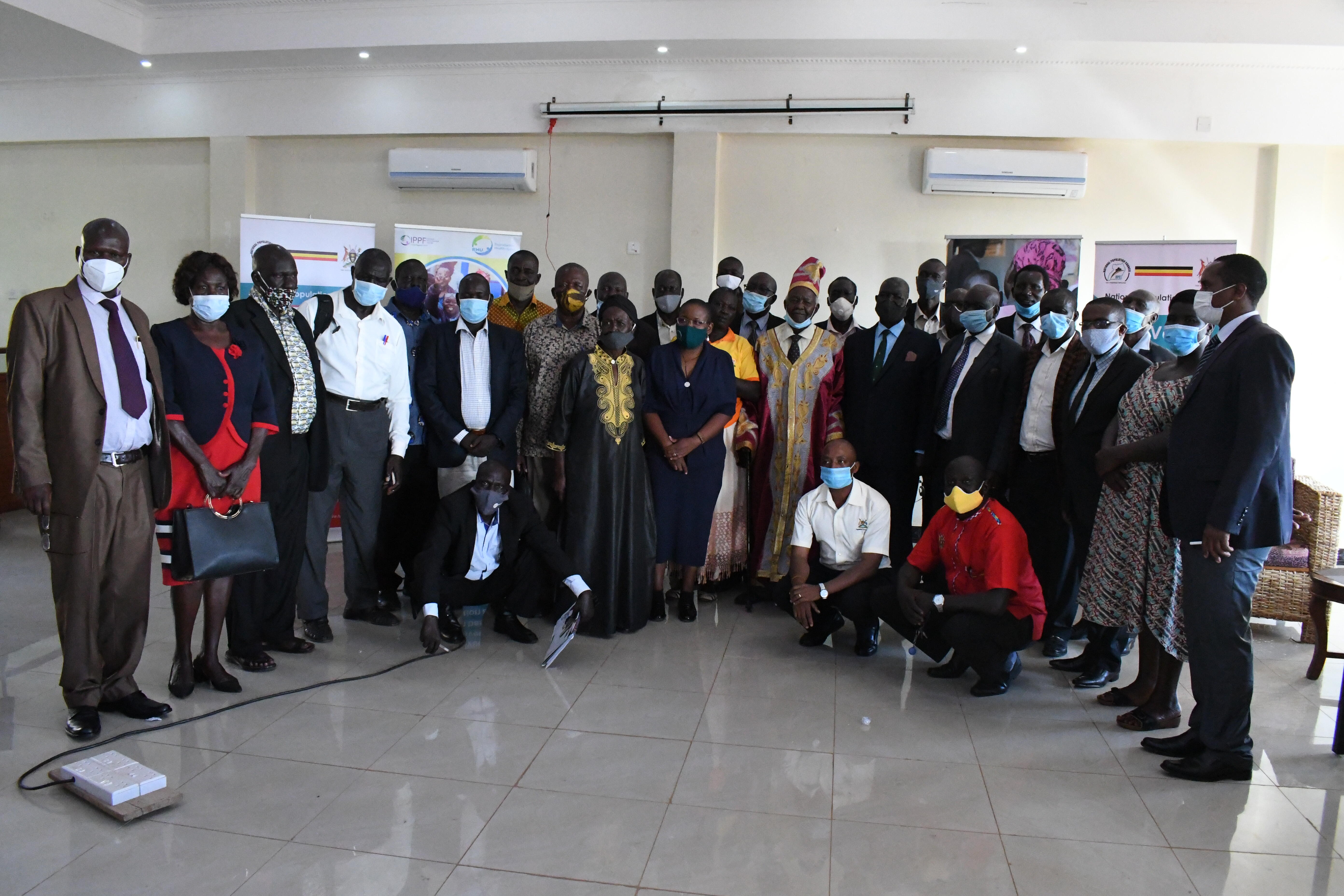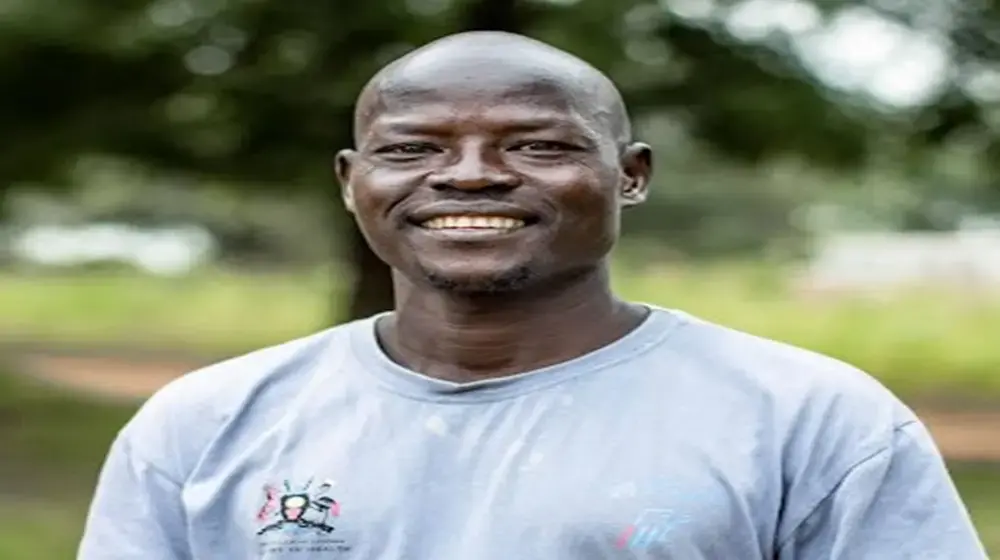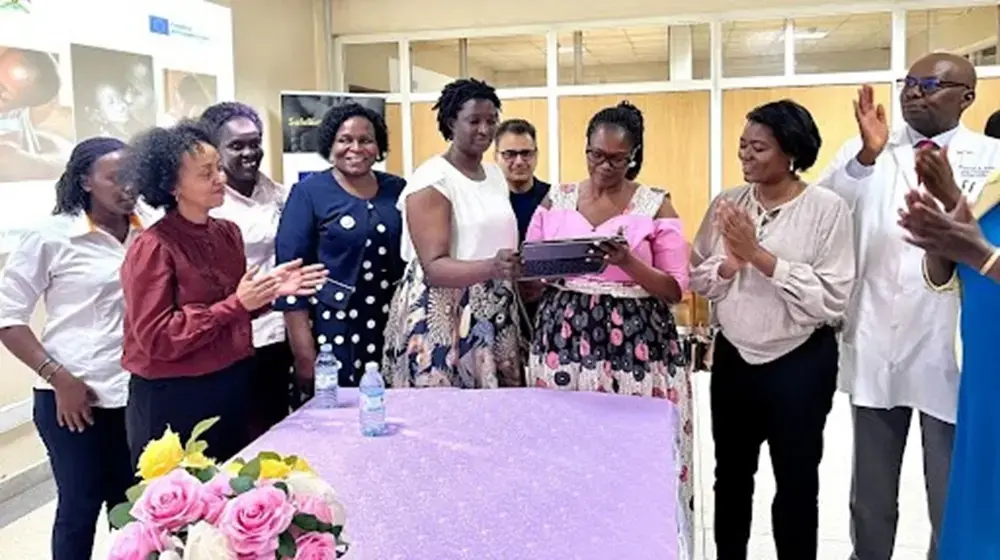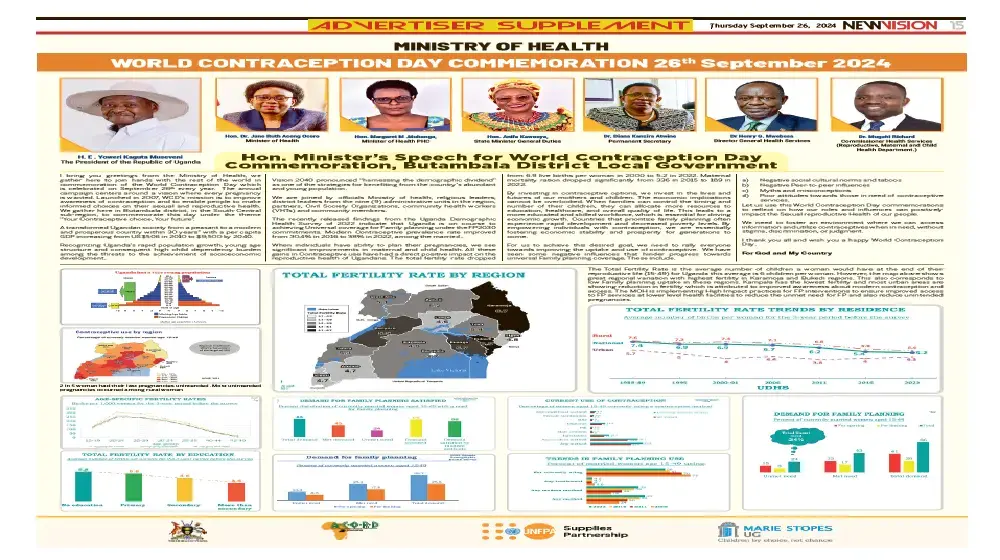Lira, Uganda: Cultural leaders in the Lango sub region have made a resolve to champion family planning as way of improving the quality of life of the communities. Graced by the Paramount Chief of Lango H.H The Won Nyali Me Lango, Zee Yosam Odur Ebiid, the leaders made consensus that family planning is the key to ending maternal mortality, keeping girls in school, addressing teenage pregnancy and ending gender based violence in the region.
Under their umbrella body the Lango Cultural Foundation (LCF), this resolve was made at the end of a one-day meeting organized by Reproductive Health Uganda (RHU) in Partnership with the National Population Council (NPC) in Lira City on September 17.
The main objective of the meeting was to orient cultural leaders from Lango cultural institutions on the importance of family planning in harnessing the demographic dividend. The meeting also aimed at securing the commitments of the cultural leaders towards promoting family planning and addressing teenage pregnancies in the region.
The meeting was attended by 50 cultural leaders from nine districts of the Lango sub region, district leaders and representatives from RHU, NPC and UNFPA.
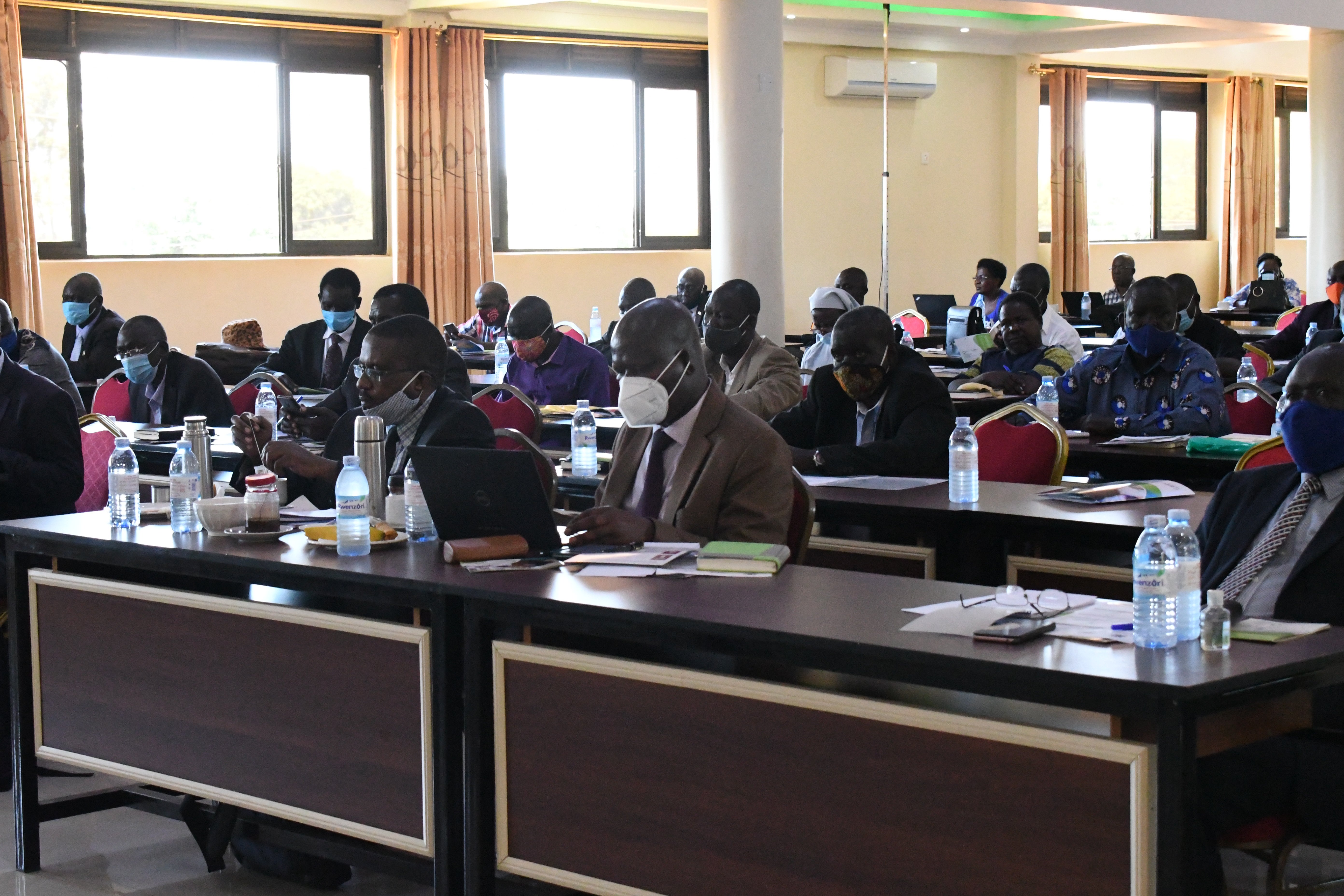
Director Reproductive Health Uganda Dr Jackson Chekweko at the meeing. PHOTO:
UNFPA/Evelyn Matsamura Kiapi.
In his remarks, Deputy Chief Administrative Officer Lira District Mr Paul Samuel Mbiiwa referred to family planning as a major strategy to achieving smaller and healthier families and improving on the quality of life of the population.
“Family planning is fundamental for reducing maternal and infant deaths as well as preventing teenage pregnancy as long as services are made affordable and accessible under universal health coverage.
“When you produce a lot of children, you are not sure how you are going to educate and feed them and have quality children,” he said.
He called upon cultural leaders and institutions to come on board and embrace family planning as a vehicle to achieve quality population that will help in contributing to and driving Uganda to a middle income status.
Executive Director Reproductive Health Uganda Dr. Jackson Chekweko said family planning is important for health reasons, for economic reasons and for national development.
“No country has developed without a successful family planning programme. Family planning is also critical driver in achieving the National Development Plan III,” he said.
Dr. Chekweko also lamented over the high prevalence of teenage pregnancy in the region which he said stood at 28 percent.
“This means in every 3 children, one is either a mother or is pregnant yet these girls are the future of the country,” he said adding that family planning programmes cannot be successful without the involvement of the custodians of culture.
“Therefore there is need to build capacity of cultural leaders and empower them with the right information to communicate the importance of having manageable families.”
Speaking on behalf of Representative Mr Alain Sibenaler, UNFPA Assistant Representative Dr. Edson Muhwezi applauded the LCF for convening the significant meeting at this point in time which he said speaks to achieving UNFPA’s mandate, the ICPD Agenda, Global Goals and National Development Plan.
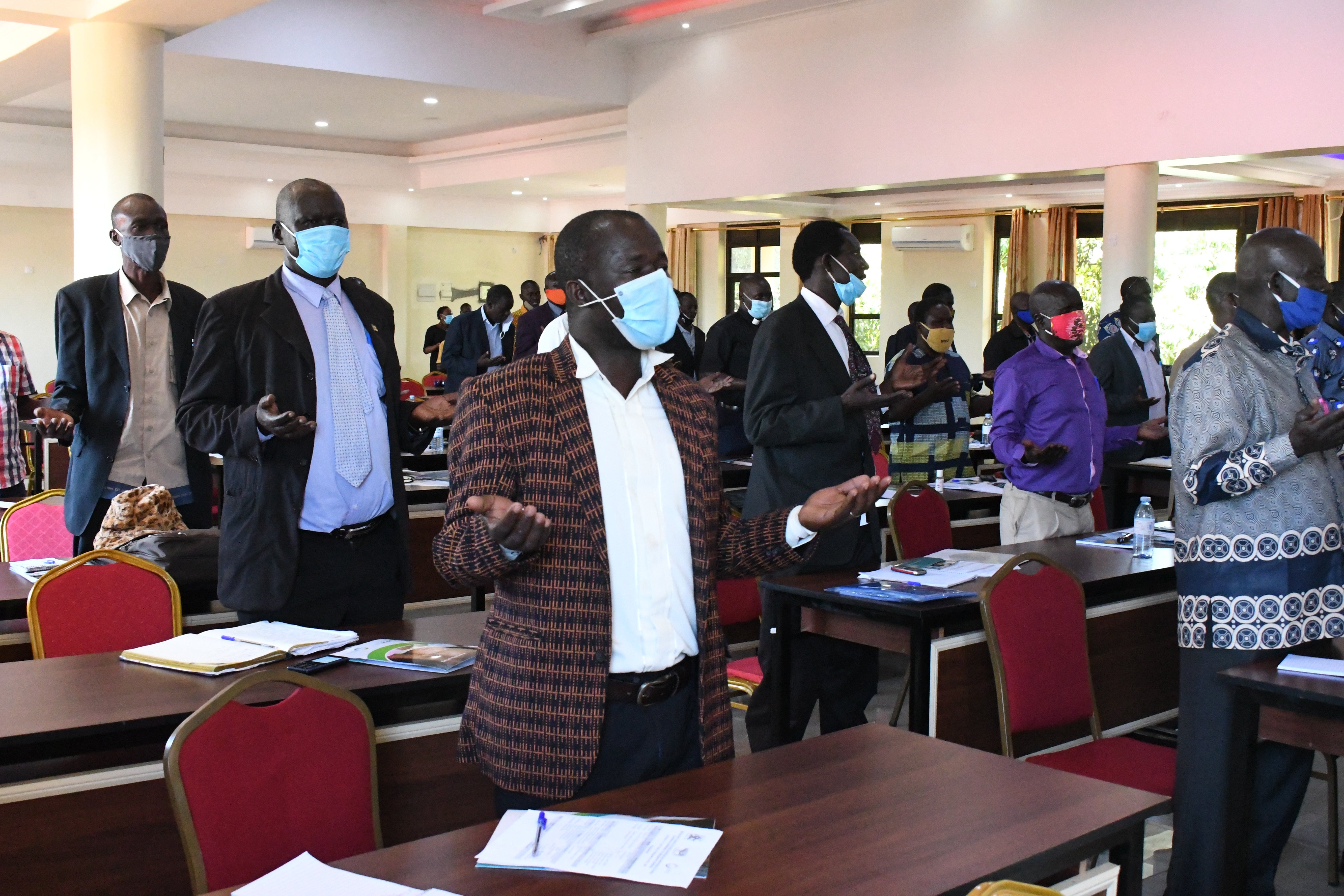
of the advocacy meeting in Lira City. PHOTO: UNFPA/Evelyn Matsamura
Kiapi
“Cultural institutions are very close to the heart of UNFPA’s work. They are unique and well grounded, trusted, with well laid structures which allow for fast and effective ways of disseminating messages to communities,” he said.
Dr Muhwezi also emphasized the significance of family planning for driving socio-economic transformation at all levels.
“You cannot transform families, nations or the world without addressing family planning,” Dr Muhwezi said.
Presenting statistics on the state of reproductive health in Lango sub region, Dr Edmond Acheka, Assistant District Health Officer, Lira said achieving universal access to Sexual and reproductive health is critical for Uganda to achieve middle income status. He said Uganda is still losing many mothers at child birth and this unacceptable. He also decried the high rates of defilement, child marriage and child neglect in the region and appealed for the strengthening of implementation of the laws on domestic and gender based violence and how to include the LC’s structures more.
At the end of the meeting, some of the resolutions made during and after the meeting included: Strengthening enforcement of laws concerning defilement, GBV and child neglect in the region; total involvement of religious and cultural leaders to champion family planning and reduction of teenage pregnancy; establishing youth friendly corners in all health facilities; and Integration of SRH /FP among existing cultural practices. Other recommendations included need for increased involvement of men in family planning; and integrating family planning messages in all forms of community gatherings as well as cultural budgets and Constitution.
A full list of the recommendations made in the resolution can be found here:
-Story by Evelyn Matsamura Kiapi

